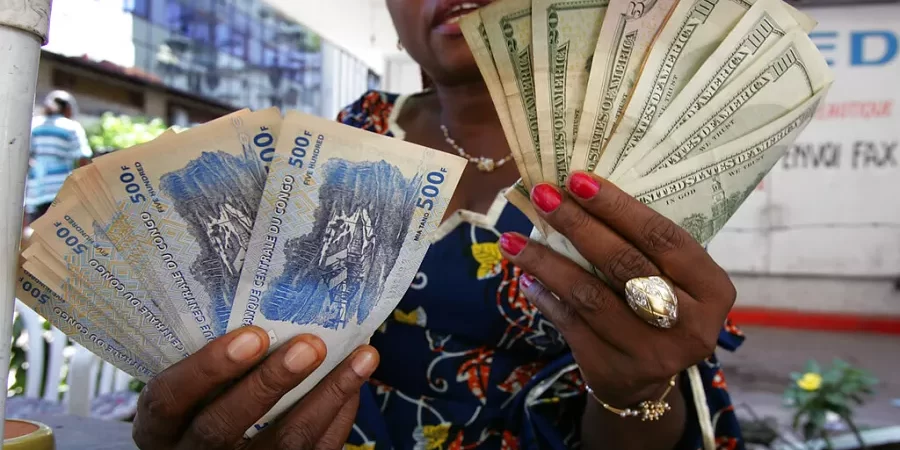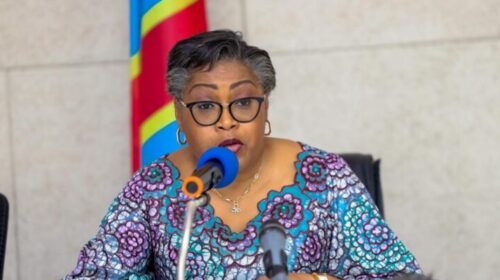Central Bank of Congo Takes Bold Steps to Strengthen Congolese Franc and Reduce Dollarization
The Central Bank of Congo (BCC) announced a series of measures on Tuesday aimed at bolstering the use of the Congolese franc (CDF) and curbing the economy’s heavy reliance on the US dollar.
A key component of this initiative is requiring credit institutions and financial companies to configure their Electronic Payment Terminals (EPTs) to accept only the national currency, marking a significant move in the country’s monetary policy.
The primary goal of these measures is to boost demand for the Congolese franc and decrease dependency on the US dollar. The extensive dollarization of the Congolese economy has contributed to the devaluation of the national currency, aggravating economic and financial instability. Currently, a mere 13% of EPTs nationwide accept the Congolese franc, promoting the use of foreign currencies instead.
The requirement to reconfigure EPTs is part of a broader strategy by the BCC to enhance the usage of the Congolese franc. Additional measures include mandating that prices be set and displayed in the national currency and ensuring all state taxes, fees, and duties are paid exclusively in Congolese francs.
Furthermore, the BCC plans to implement a “monetic switch” system to integrate all bank cards and facilitate transactions regardless of the card issuer, aiming to make dollar transactions more expensive than those in Congolese francs, thus encouraging the use of the national currency.
These initiatives also aim to improve financial inclusion in the DRC, which remains low. In 2022, the financial inclusion rate was 38.5%, compared to an average of 55% in sub-Saharan Africa.
The BCC has set an ambitious target to achieve a 65% financial inclusion rate by 2028. To reach this goal, the 2023-2028 plan includes several key actions:
-Mandating the payment of salaries in all sectors through banking means.
-Ensuring the interoperability of all electronic money issuers.
-Establishing an electronic payment platform for water and electricity consumption.
-Approving the Congolese franc for use in automatic teller machines (ATMs) to facilitate deposits in the national currency.
-Creating credit bureaus and a unique financial identifier.
-Establishing a bank specializing in medium and long-term credits.
-Restructuring the Caisse de Dépôts et Consignations du Congo (CADECO).
-Integrating financial education into the school curriculum to foster a healthy economic culture from an early age.
Experts agree that the BCC’s measures are beneficial as they are incentive-based rather than authoritarian. However, these initiatives must be accompanied by policies that ensure the stability of the Congolese franc.
Reducing dollarization and enhancing financial inclusion require long-term commitment and effective coordination among the country’s economic and financial stakeholders.
By reinforcing the use of the Congolese franc and improving financial inclusion, the BCC aims to stabilize the Congolese economy and restore public confidence in the national currency.
These efforts are crucial for promoting sustainable and equitable development in the DRC and ensuring better management of the country’s economic resources.
158 total views , 1 views today





